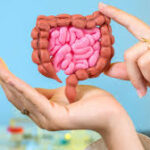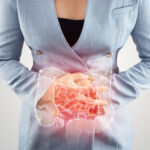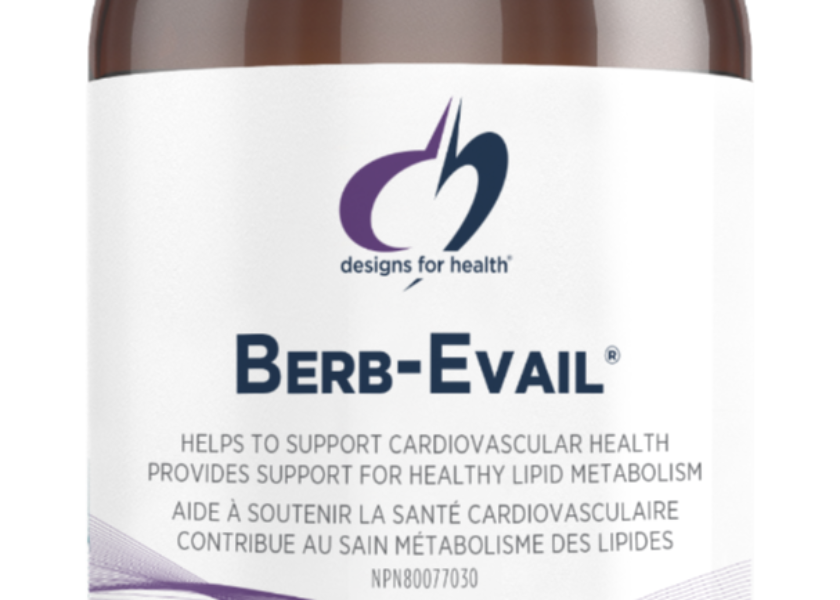Oftentimes when you refer to the term ‘you gut’ we think just about our stomach. However, the digestive system includes everything from your mouth to your butt. Digestion starts the seconds you see or smell food and ends when it leaves your body. Its job is to turn the food/drinks you consume into the nutrients and energy you need to survive and function on a daily basis.
The gastrointestinal tract consists of:
- Mouth (Teeth, Tongue, Salivary Glands) – Your salivary glands get active as soon as you see or smell food. After you start eating, you chew your food into pieces that are more easily digested. Your saliva mixes with the food to begin breaking it down into a form your body can absorb and use.
- Esophagus – A series of muscular contractions within the esophagus called peristalsis delivers food to your stomach. But first a ring-like muscle at the bottom of your esophagus called the lower esophageal sphincter has to relax to let the food in. The sphincter then contracts and prevents the contents of the stomach from flowing back into the esophagus. When it doesn’t and these contents flow back into the esophagus, you may experience acid reflux or heartburn.
- Stomach – The stomach is a hollow organ, or “container,” that holds food while it is being mixed with stomach enzymes (Hydrochloric Acid).
- Small & Large Intestine – A long muscular tube that breaks down food using enzymes released by the pancreas and bile from the liver.
- Liver – The liver is your body’s chemical “factory.” It takes the raw materials absorbed by the intestine and makes various chemicals your body needs to function. The liver also detoxifies potentially harmful chemicals that can be toxic to your body.
- Gallbladder – Stores and concentrates bile from the liver, then releases it into the duodenum in the small intestine to help absorb and digest fats.
- Pancreas – Secretes digestive enzymes into the duodenum that break down protein, fats and carbohydrates. The pancreas also makes insulin, passing it directly into the bloodstream.
- Colon / Rectum / Anus – This is where leftover waste is passed through a series of canals and eliminated from the body.
Having optimal digestion is important because your body needs nutrients from the food you eat and the liquids you drink in order to stay healthy and function properly. Nutrients include carbohydrates, proteins, fats, vitamins, minerals and water. Your digestive system breaks down and absorbs nutrients from the food and liquids you consume to use for important things like energy, growth and repairing cells.
If the gut is not working optimally than many other health conditions can occur. Keep an eye out for our email Wednesday where we will talk about different signs and symptoms of poor gut health.






